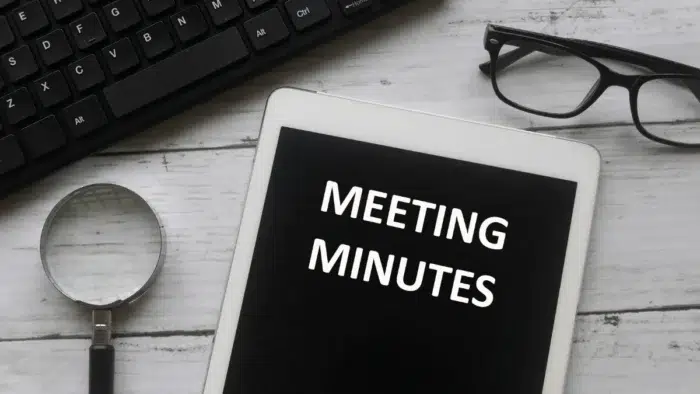We experience sound in our environment every day, and typically, these sounds are at levels that don’t result in damage to our hearing. But when those sounds are too loud, even for a brief time, they can damage sensitive structures in the inner ear resulting in noise-induced hearing loss (NIHL).
This damage can be temporary or permanent, and it can affect one or both ears. Sometimes the damage is being done over a period of time so that you may not be aware of a gradual decline in your ability to hear. However, noise-induced hearing loss is preventable when appropriate steps are taken to ensure your wellbeing.
This guide will look at the risk factors for noise-induced hearing loss and how it is diagnosed and treated.
What is Noise-Induced Hearing Loss?
Noise-induced hearing loss is a type of hearing loss caused by exposure to loud noise. It’s important to know that NIHL can be caused both by listening to loud sounds over an extended period and from a single exposure to loud noise.
It can significantly impact your ability to communicate effectively and hear clearly. The type of environments that can cause this type of hearing loss include:
- Construction sites
- Manufacturing plants
- Concert venues
- Airports
- Boarding kennels where dogs are barking for long periods
What Responsibility Does My Employer Have For Preventing NIHL?
Your employer has a responsibility to protect you from noise-induced hearing loss. This includes providing you with the necessary safety equipment to prevent exposure to loud noise.
If you are exposed to unavoidable loud noise at work, your employer should provide you with:
- Earplugs or earmuffs
- Training on how to use the safety equipment properly
- Regular hearing tests
What if my Employer Does Not Take NIHL Seriously?
If you have suffered from noise-induced hearing loss, but your employer is not taking the situation seriously, then you should speak to a lawyer. They will help you to establish if your employer’s responsible for your NIHL and if you may be entitled to claim compensation for your injuries.
Noise-induced hearing loss is a serious issue, and both you and your employer must take steps to ensure protection against damaging exposure to loud noise.
How Does Noise-Induced Hearing Loss Occur?
Noise-induced hearing loss occurs when there is damage to either the structures or the nerve fibers in the inner ear. These fibers are responsible for converting sound waves into electrical signals that are sent to the brain. When they are damaged, they can no longer function properly, leading to hearing loss.
Symptoms of noise-induced hearing loss include:
- Difficulty hearing conversations
- Ringing in the ears (tinnitus)
- Difficulty understanding speech
How Loud is too Loud?
The answer to this question depends on the noise’s intensity and the length of time you are exposed to it. In general, the louder the noise, the less time it takes to cause damage. For example, lengthy exposure to a noise that is 85 decibels (dB) can cause NIHL. However, exposure to much older noise could cause damage in just a few minutes.
To give you an idea of what those decibel levels mean in day-to-day life –
60-70 dBA – A normal conversation
75-105 dBA – Watching a film at the cinema
80- 110 dBA – The noise from a passing motorcycles
95 – 110 dBA – Music at concerts or having the sound at maximum when listening through headphones
110-129 dBA – Sirens
140-160 dBA – A firework display
Can Tinnitus be Caused by Workplace Noise?
Tinnitus is a ringing, buzzing, or whistling sound in the ears that can be caused by external noise. It can also be a symptom of noise-induced hearing loss. Tinnitus can also be caused by other factors such as stress, anxiety, and certain medications. If you have tinnitus, it’s important to see a doctor so that the cause can be determined and treated accordingly.
Diagnosis
If you think you may have noise-induced hearing loss, it’s important to see a doctor as soon as possible so that you can get treatment. With early diagnosis and treatment, you can minimize the impact of noise-induced hearing loss on your life.
The doctor will likely ask about your symptoms and your work environment. They will arrange for a hearing test to help confirm the diagnosis.
Treatment
There is no cure for noise-induced hearing loss, but there are treatments that can help to improve your symptoms and minimize their impact on your life. Treatment options include:
- Hearing aids
- Cochlear implants
- Assistive listening devices
If you have noise-induced hearing loss, it’s important to avoid exposure to loud noise as much as possible. In some cases, this may mean changing jobs or using hearing protection when you are exposed to loud noise.
How to Prevent Noise-Induced Hearing Loss
If you work in a noisy environment, it’s important to take steps to protect your hearing. This includes –
- You should always wear the provided safety equipment, including earplugs or earmuffs.
- If it’s not essential for you to be in a noisy environment, then you should move to another area to work.
- If it’s impossible to avoid noisy areas, then you should take regular breaks in quieter environments.
- Follow all safety procedures your employer provides and raise any potential safety issues with the management team.





